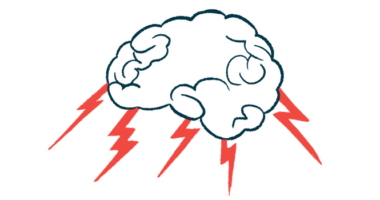Project to Explore if Depression Meds Might Ease Dyskinesia Due to L-dopa

A new research project aims to determine whether medications developed to treat depression might be viable candidates for easing some troubling side effects of treatments for Parkinson’s disease, including levodopa.
Parkinson’s is caused by the death or dysfunction of cells in the brain that make a neurotransmitter (brain signaling molecule) called dopamine. A standard treatment involves the administration of L-dopa, a molecule that can be converted to dopamine in the brain. L-dopa therapies for Parkinson’s include levodopa and its derivatives.
While these therapies can ease Parkinson’s motor symptoms, their long-term use often results in side effects, most notably dyskinesia or erratic, involuntary movements.
“The problem with the current treatment is that when people are on L-DOPA for five to 10 years, they start to develop side effects from their medication that some actually report as being as debilitating as the disease itself. It can make them reticent to take therapeutic doses of L-DOPA,” Christopher Bishop, director of the Integrative Neuroscience program at Binghamton University in New York, said in a press release.
Bishop, one of the lead researchers on this project, has been studying Parkinson’s for over a decade. In recent years, his lab has been investigating whether medications that are already approved for other conditions might be of benefit to people with dyskinesia due to L-dopa use.
“To bring a medicine from conception to using it in a person takes more than a decade and millions, maybe hundreds of millions of dollars,” Bishop said. “Taking a compound that has already been developed and shown to be safe in humans and repurposing it for those individuals costs far less money.”
Specifically, researchers will seek to replicate results suggesting that some approved depression and anxiety medications might ease L-dopa-induced dyskinesia in preclinical models. These treatments act on the neurotransmitter serotonin, a chemical messenger that modulates mood, cognition and memory, among other functions.
If results are positive, clinical trials could be initiated within a year or two.
“We’re really excited to try this out. I think we have the opportunity to find out fairly quickly whether this drug might be a step forward for patients. That’s really why we do this work. If we could help improve a patient’s life, that would be really big deal for us,” Bishop said.
The research will be undertaken by a team of graduate and undergraduate students in Bishop’s lab, as well as collaborators at other institutions. The project recently received $50,000 in funding from the SUNY Technology Accelerator Fund, which helps scientists at academic institutions turn their research into market-ready technologies.






